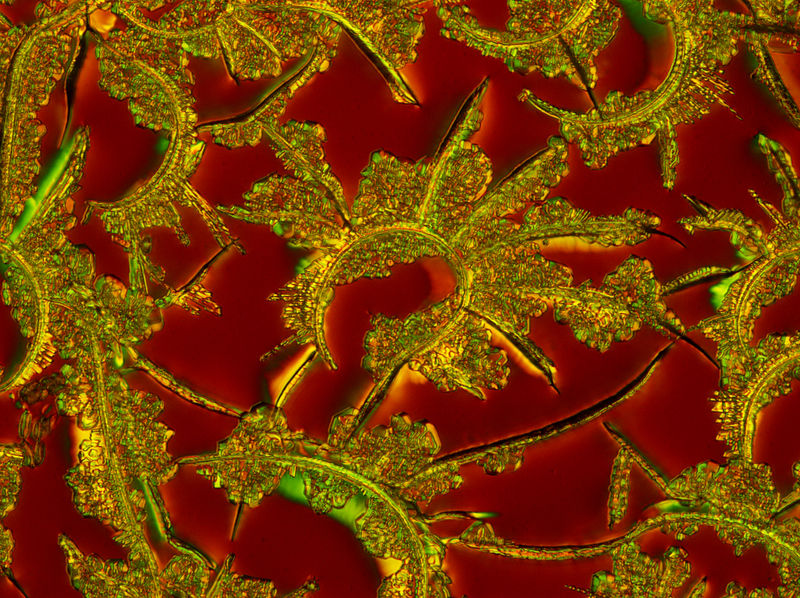A research team led by David Spiegel, professor in the Yale School of Medicine’s department of pharmacology, has developed a new type of drug to treat cancer, namely prostate cancer. Spiegel and his group have designed a class of molecules called antibody-recruiting molecules (ARMs), which encourage antibodies to bind to specific proteins called antigens on diseased cells, bacteria, or viruses.
Cancer occurs when a genetic mutation in a cell causes rapid and uncontrolled cell division, resulting in a tumor. ARMs help antibodies already present in the blood bind to antigens on the surfaces of cancer cells, thereby inducing the immune system to destroy the diseased cells. Thus, ARMs work by enhancing the function of antibodies that are naturally created by the human body. “Think of ARMs as honing beacons,” Spiegel said. “They’re attaching to cancer cells, and they’re signaling to the immune system to ‘come kill.’”
ARMs are promising as cancer drugs because they seem to circumvent problems plaguing existing cancer treatments, many of which inject harsh chemicals into the body. Some therapies rely on monoclonal antibodies — identical, lab-harvested antibodies derived from a single parent cell — to target antigens on cancer cells. However, this type of antibody therapy can have fatal drawbacks, including widespread inflammation, severe allergic reactions, and other adverse immune responses.
On the other hand, therapy that makes use of ARMs is unlikely to be as dangerous for patients. “ARMs use the human immune system to do the job of killing cancer cells, so they aren’t introducing cytotoxic materials, like in chemotherapy, that kill both healthy and sick cells,” Spiegel said.
Additionally, since ARMs are smaller molecules with simpler structures, they are less expensive to produce. Monoclonal antibodies are the most expensive type of biological drugs.
Allied-Bristol Life Sciences (ABLS), a biopharmaceutical company, has entered into a licensing agreement with Yale University to do further work on, and eventually market, this new class of drugs. ABLS plans to conduct further research on ARMs to narrow down a set of molecules that can be used for preclinical research to test for drug safety. Thus far, the lab has demonstrated that some of these molecules are safe and effective in mice with prostate cancer, but additional experiments in animals are forthcoming. “We do have some molecules potentially en route to trials within the next 18 to 24 months,” Spiegel said. Currently, ABLS has specifically licensed the patent for ARMs that target an antigen associated with prostate cancer.
ARMs can potentially be used to treat diseases other than cancer, including infectious diseases like HIV. Spiegel’s lab is working to develop synthetic antibody mimics, or SyAMs, that bring immune cells directly to cancer cells and eliminate the need for antibodies. Spiegel’s ultimate goal is to devise new paradigms for how drugs can work.

